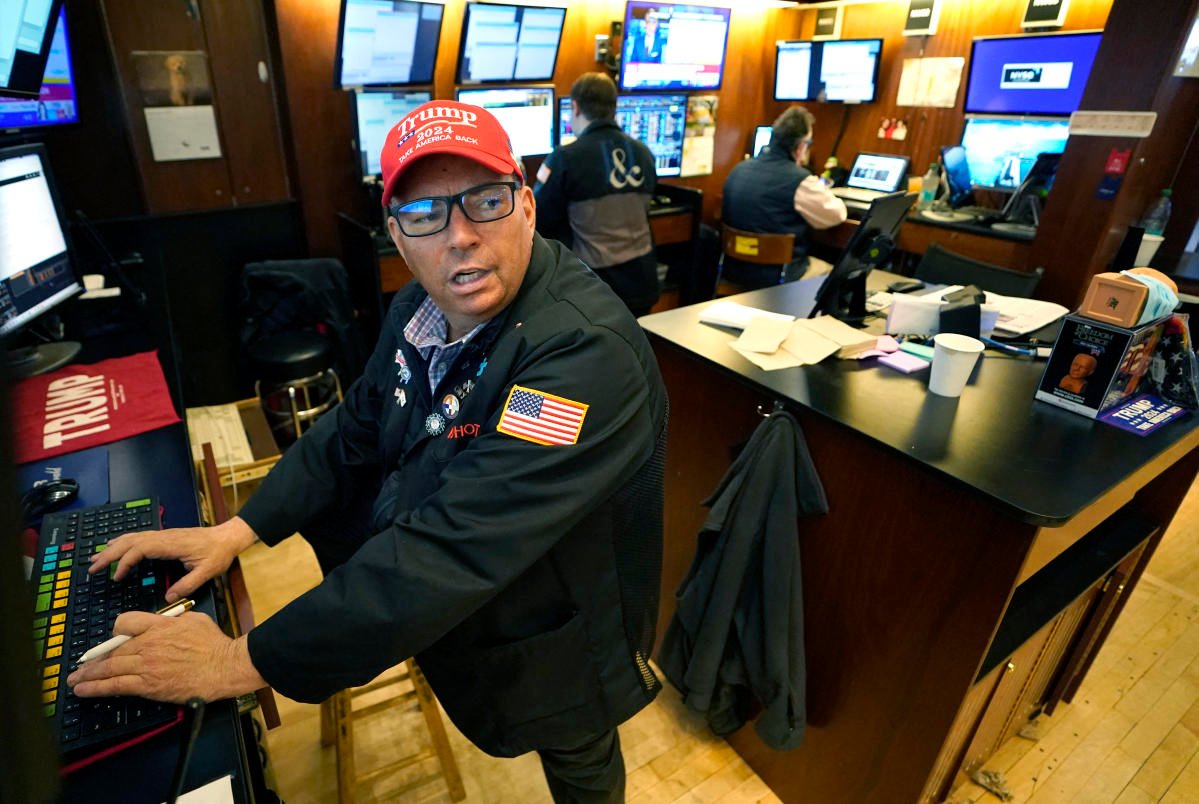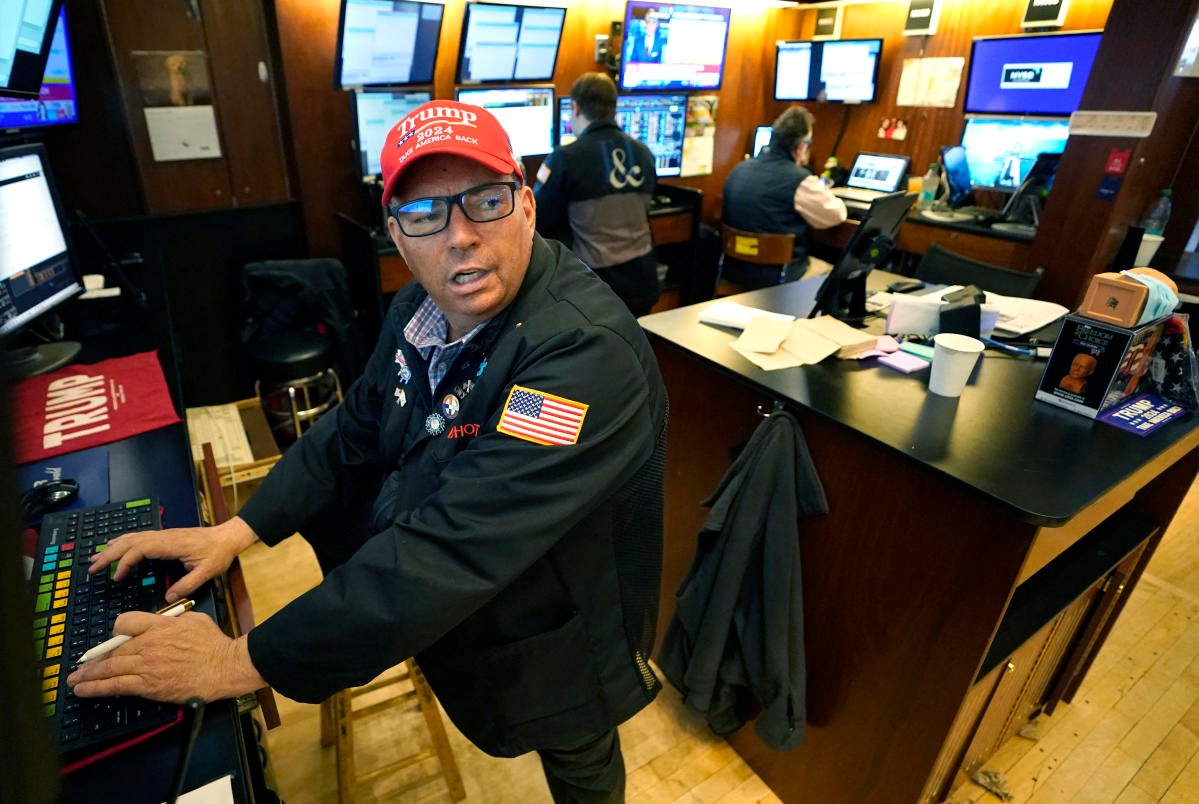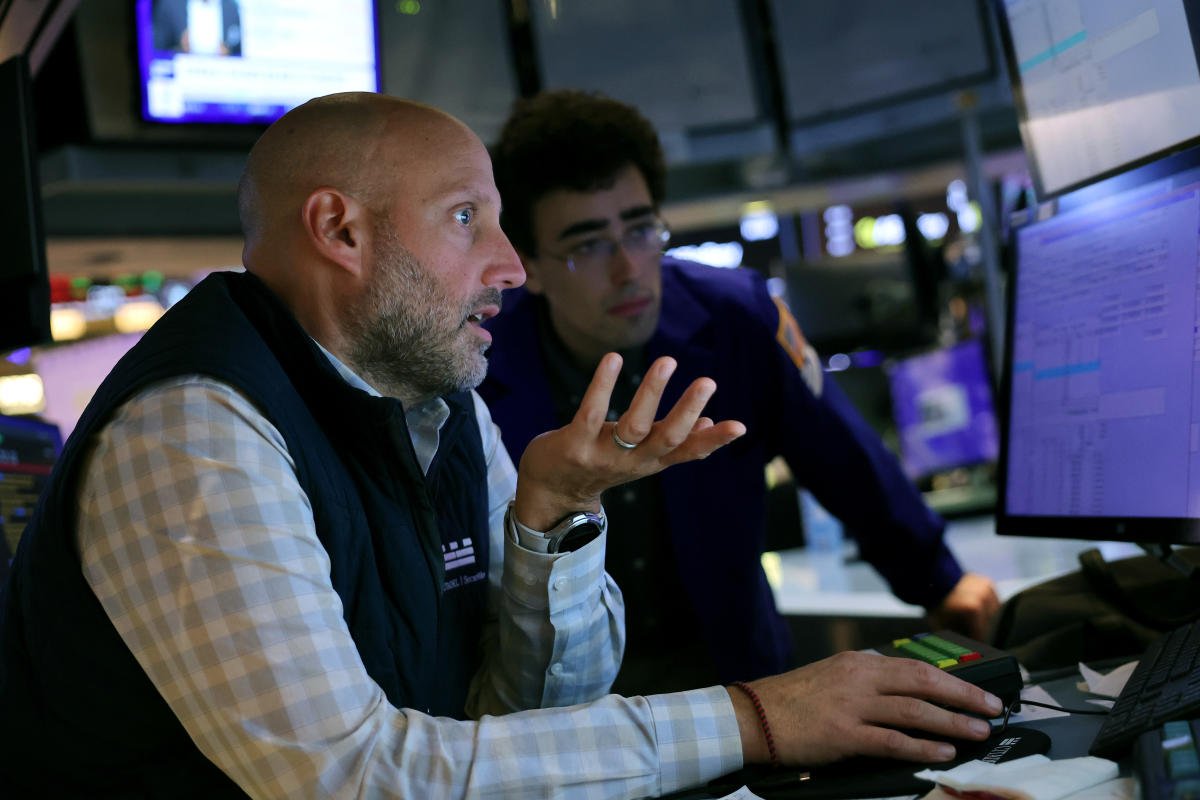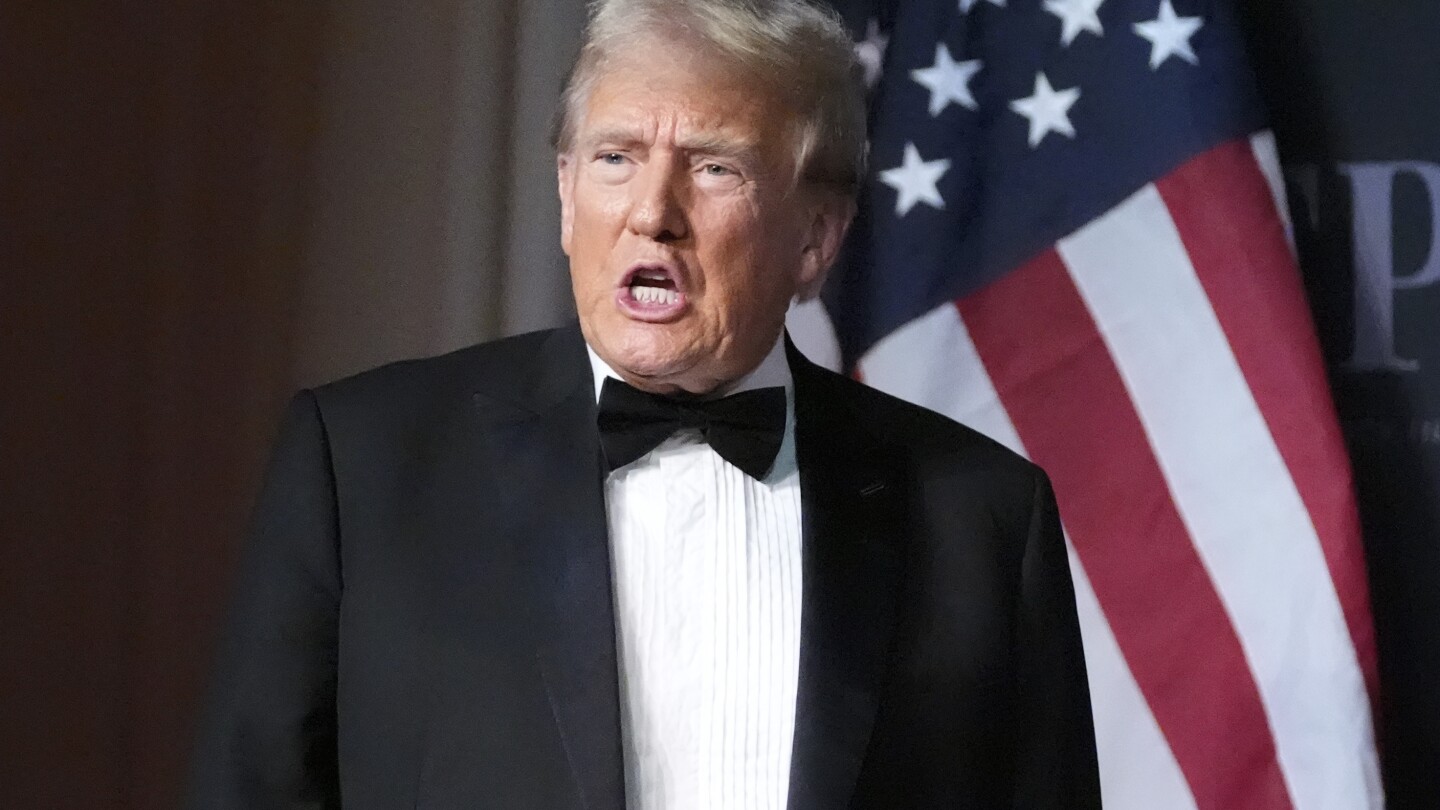Investing.com — Morgan Stanley (NYSE:) CEO Ted Pick shared an upbeat outlook for the stock market on Thursday, voicing confidence in the US economy’s prospects for 2025.
Speaking to CNBC’s “Squawk Box Asia” during the Morgan Stanley summit in Singapore, Pick highlighted the resilience of the American consumer and corporate sector.
“The world is still led by the US consumer,” Pick said, adding that “corporate balance sheets in the US are on aggregate, terrific. And [the] new administration is talking about growth.” While he acknowledged some cautious sentiment stemming from policy uncertainty, he emphasized that “on the whole, people are understandably continuing to be constructive.”
Pick noted that Morgan Stanley expects the to continue its upward trajectory, supported by economic growth and potential deregulation, with sectors such as financials and industrials likely to benefit.
The benchmark stock market index rose more than 24% in 2024, while the has gained approximately 15%.
Although he admitted the market could experience occasional setbacks, Pick maintained that the overall momentum supports optimism for the coming year.
On the Federal Reserve’s approach to monetary policy, he commended its cautious approach, describing it as the “right thing to do,” and believes that the central bank would avoid reversing course on any future rate cuts.
When asked about risks under the incoming Trump administration, particularly the threat of a trade war, Pick responded, “The biggest risk is some combination of geopolitics and policy error.” He pointed to underlying inflationary pressures, such as de-globalization and potential tariffs, as factors that could strain growth if inflation overheats.
President-elect Donald Trump has proposed imposing tariffs of up to 60% on Chinese imports and 10%-20% on goods from other countries. Morgan Stanley’s chief economist, Seth Carpenter, cautioned on Wednesday that such policies could hinder US economic growth heading into 2026.
On the other hand, Pick pointed out China’s economic challenges, including deflation and weak consumer confidence.
Measures like reduced mortgage and interest rates have been introduced to stimulate the economy. Despite these hurdles, Pick emphasized that the US and China share a “mutually unified motivation” to pursue solutions that are “pro-growth” for both nations.

















